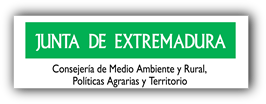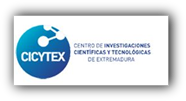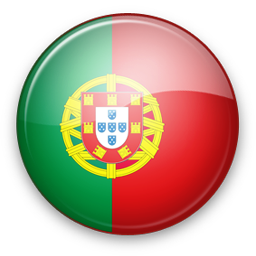

LIFE 10 NAT/ES/000582
Lucha contra las especies invasoras en las cuencas hidrográficas de los ríos Tajo y Guadiana en la Península Ibérica
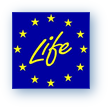
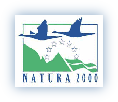
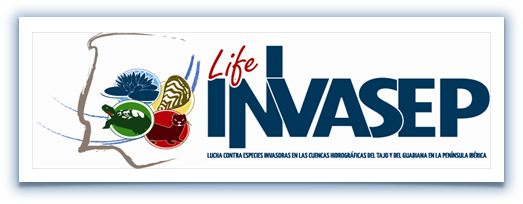
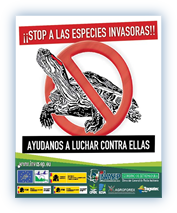


Beneficiario Coordinador
Cofinanciador
Beneficiario Asociados


Colaboradores
© 2017 Consejería de Medio Ambiente y Rural, Políticas
Agrarias y Territorio - DG Medio Ambiente - GPEX
Con la contribución del instrumento financiero LIFE de la Unión Europea
Agrarias y Territorio - DG Medio Ambiente - GPEX
Con la contribución del instrumento financiero LIFE de la Unión Europea
Other languages


- To have an accurate knowledge on what the state of alien invasive species is, as well as their distribution within the Tajo and Guadiana basins in the project area; and the impact they may cause on native species.
- To prevent the introduction of the Zebra mussel (Dreissena polymorpha) in the Tajo and Guadiana basins in the project area.
- To avoid the introduction of the Water fern (Azolla filiculoides) in the Monfragüe National Park, and also in Portugal, by the isolation of its populations in the Tajo Natural Park.
- Eradicating the Asian clam (Corbicula fluminea) in the Site of Community Importance (SCI) “Rivera de Lácara” by implementing pilot projects.
- Control over the Slider turtle (Trachemys scripta elegans) in the SCI “Río Ardila”, bordering Portugal.
- Control over the American mink (Neovison vison) in the SCIs “Sierra de Gredos y Valle del Jerte”, “Río Tiétar”, and “Monfragüe”.
- Development of methods for the assessment of the level of thread on native species caused by woody species.
- Development of new methods for the eradication of the Silver wattle (Acacia dealbata) and the Ailanthus (Ailanthus altissima).
- Restoration of the Extremaduran population of European fan palm (Chamaerops humilis); and reintroduction of the extinct species Sagittaria sagittifolia.
- Changes in the behaviour of sectors responsible for the introduction of alien invasive species (fishermen's associations, forest nurseries, Colegio Oficial de Veterinarios, pet shops, water sports associations, city councils, and other administrations) regarding bioinvasions.
- Public awareness raising towards the impact of bioinvasions on environment, economy, and society.
- To raise awareness in schoolchildren on the importance of keeping pets, and their abandonment in rural areas.
- Not to use alien invasive species for gardens, public parks, or public works projects in Extremadura.
- A better diffusion and exchange of experiences in combating invasive species through the creation of the Iberian Group Work on alien invasive species, within the National Comission for the Biodiversity Conservation.
- Establishment of a Staff Member Network related to the several administrations in charge of combating invasive species.
- Elaboration and diffusion of two codes of conduct which will regulate the sale of pets and ornamental plants not included in the RD 1628/2011.
- Dissemination of the results obtained under the project.

